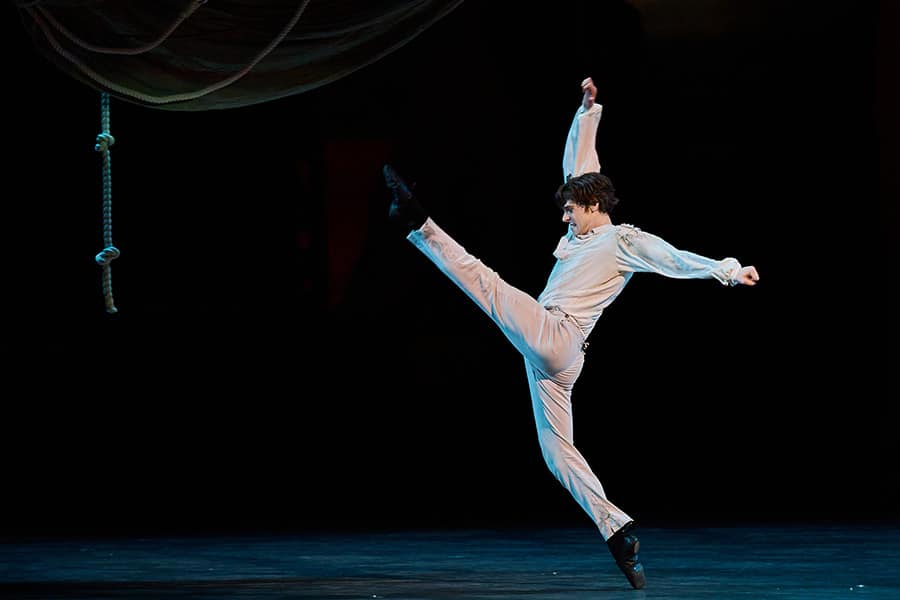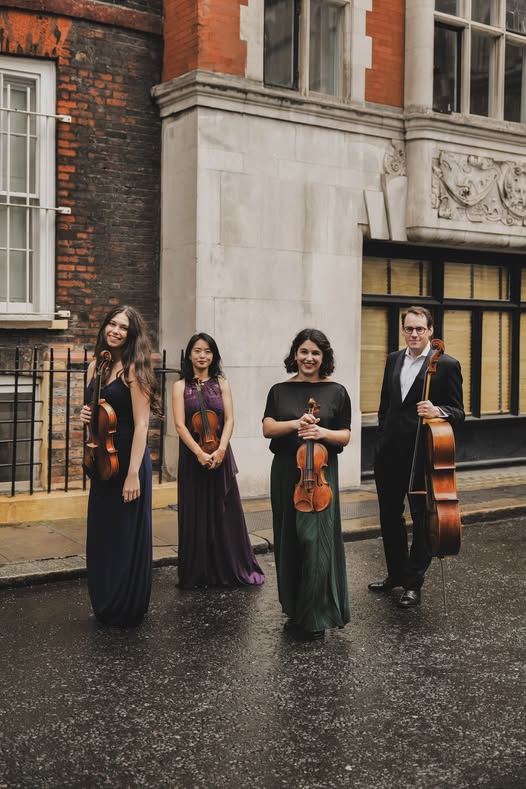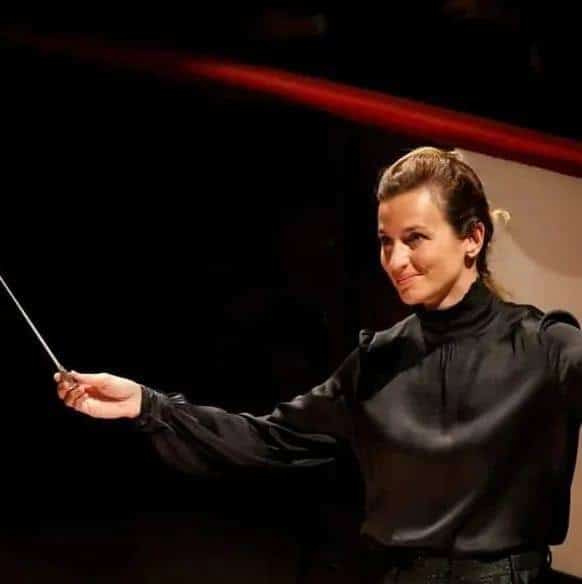The night Mrs Purcell locked her old man out
mainFrom the Lebrecht Album of the Week:
For a brief window in the 1690s – until the night Mrs Purcell shut her husband out in the cold – London was the go-to place for young composers in search of top tuition and an appreciative audience. Italians like Arcangelo Corelli were keen to study with Henry Purcell and English composers grew in confidence. Then, one November night in 1695, Mrs P decided not to stay up til her old man got back from the theatre and poor Henry caught cold and died, or so the story goes. Two centuries would elapse before England bred another composer of his quality…
More here.
And here.







Composers should not marry. It’s just too dangerous.
The myth of his wife locking him out, is as old as the Silk Road. Purcell most likely had acute pneumonia and probably TB which was rife until BCG, from all that unpasteurised milk non-TT tested, damp housing. JB you are wrong, many composers who did not marry had some real terrible lives and health problems, eg Beethoven (Paget’s Disease), Schubert, VD, Bruckner OCD. Haydn once told Beethoven, nothing in this world makes me sad, not even my wife.
Purcell had 6 children only two survived, Edward ended up as an church organist and helped found the forerunner of the Musicians Benevolent Foundation, he tried to get his Uncle Daniel’s post but failed.
But Haydn confirms my point.
Most composers before subsidized modernism had miserable lives anyway, married or not, but evidence suggests that marriage (or anything involving a woman) did not diminish but increase misery: Bach (had to find well-paid job for his many children), indeed Haydn, Mozart (had to pay for endless cures), Kuhnau (being beaten-up constantly), Chopin (George Sand called him ‘my little corps’ in front of other people), Liszt (trail of unwanted children and expository novels), Berlioz (nerve-wrecked by them), Brahms (Clara’s intrusive musical advice and cultivated widowship), Wagner (constant misunderstandings and eventually a dominating bigot), Franck (did not like music, especially not her husband’s), Mahler (constant bullying and cheating), Strauss (henpecked and forced to buy the milk in the village), Debussy (forced to spend money he did not have), Stravinsky (managing 2 wives at the same time, knowingly), Schreker (Maria cheating with other women), etc. etc. (etc.)
After WW II it got a lot easier because modernism required absence of sensitivity and nerves of steel in the struggle to replace music by sound art in the performance culture, which really was not easy to do. Boulez was the composer most unhindered by women since he avoided biography altogether (as he told Joan Peyser: ‘I will be the first composer without a biography’).
Modern subsidised music composed by academics is total rubbish which is why we have no music anymore, Haydn, Beethoven etc were not academics they made money enough to live on, others only just got by, many sponged off friends eg Schubert and Wagner! As Bernard Shaw remarked those who can do, those who can’t teach.
Chopin & Liszt never married JB, they shacked up with real oddons for sure, Countess D’Agout went back to her family, Cosima was left to be brought up by a nanny, Liszt I doubt it affected his music at all. Grieg Dvorak, Rachmaninov all married ok.
Both Chopin & Liszt were involved with a woman, as I included in my comment, and it became a burden for both: Chopin being bullied and forced to undertake picknicks and walks in nature and even a destastrous ‘holiday trip’ to Mallorca; Liszt was worrying a lot about his ‘illegitimate’ children and had a lot of trouble with his daughter Cosima when she eloped with Wagner while married to Liszt’s pupil Bülow. Liszt was also continuously chased by women, some of them of ill repute like Lola Montez (who danced on the table during the Beethoven Festival where LIszt was the guest of honor), and in the end he was ‘caught’ by formidable Marie Wittgensteyn who was a heavy sigar smoker and bullied Liszt to the right and the left, while writing her multi-volume book about the defects of the Roman Catholic Church (because she could not get a divorce from her Russian husband). Etc. etc….
That Grieg and Dvorak were happily married – or at least: did not provide scandalous copy about their relationships – is maybe due to their nationalities: in both 19C Norway and Bohemia people may have been less inclined to add to music history’s ‘petite histoire’ than more centrally-located nations with a more intense music life. And since most of Rachmaninoff’s music is quite depressed, my suspicion is that his domestic life was less than happy. At least we know that R’s wife wanted him to take showers which he was too anxious to do.